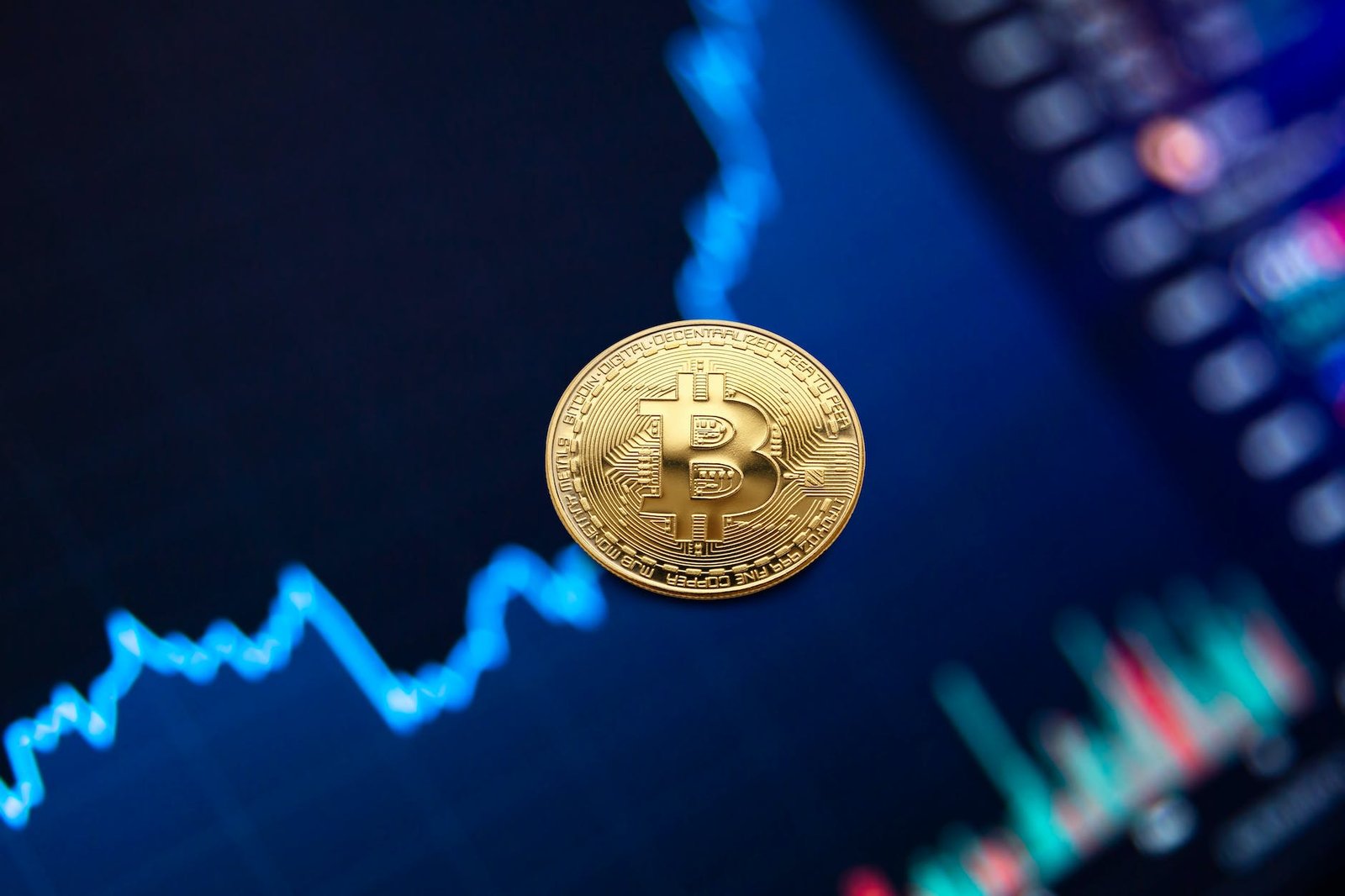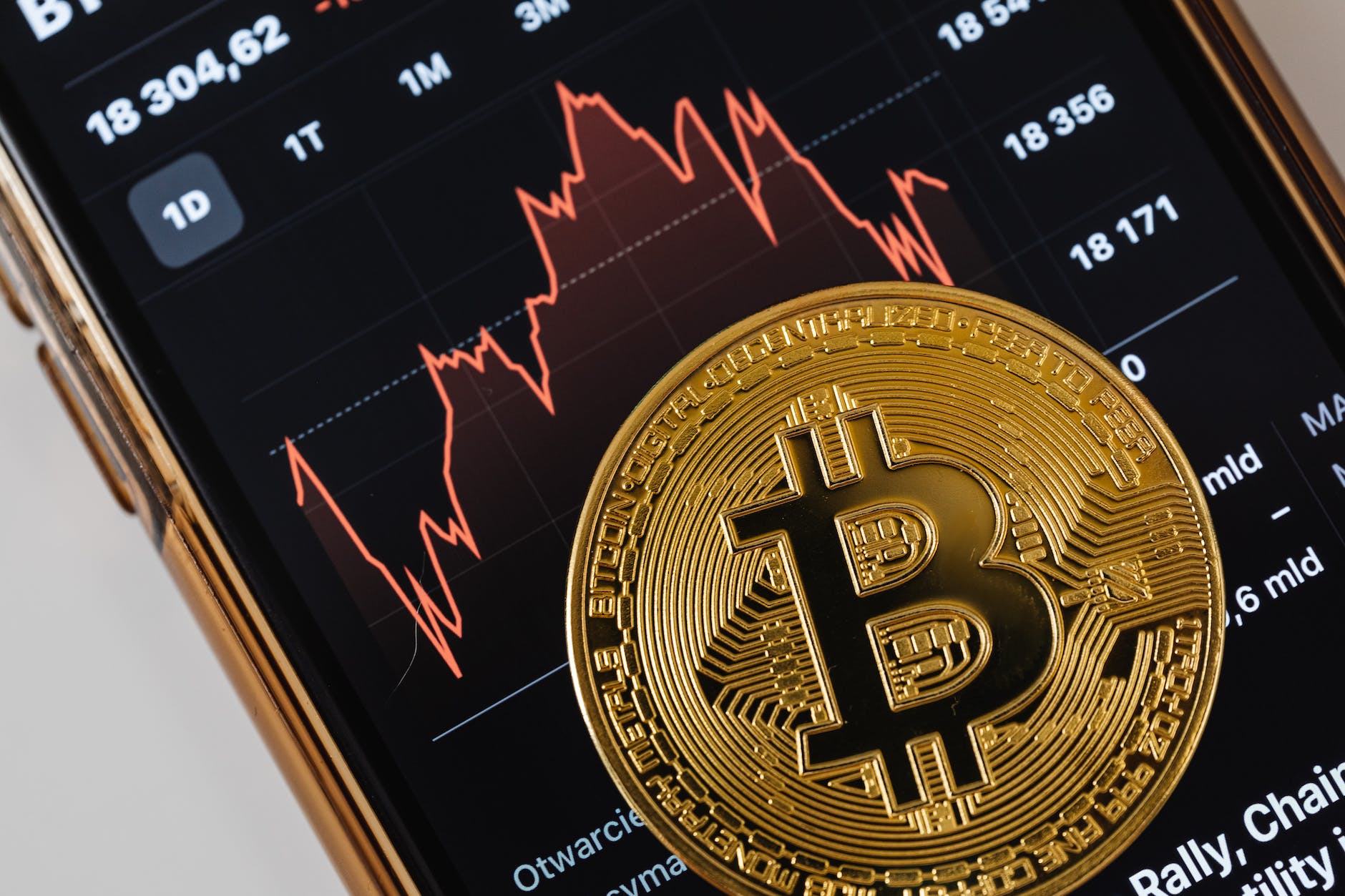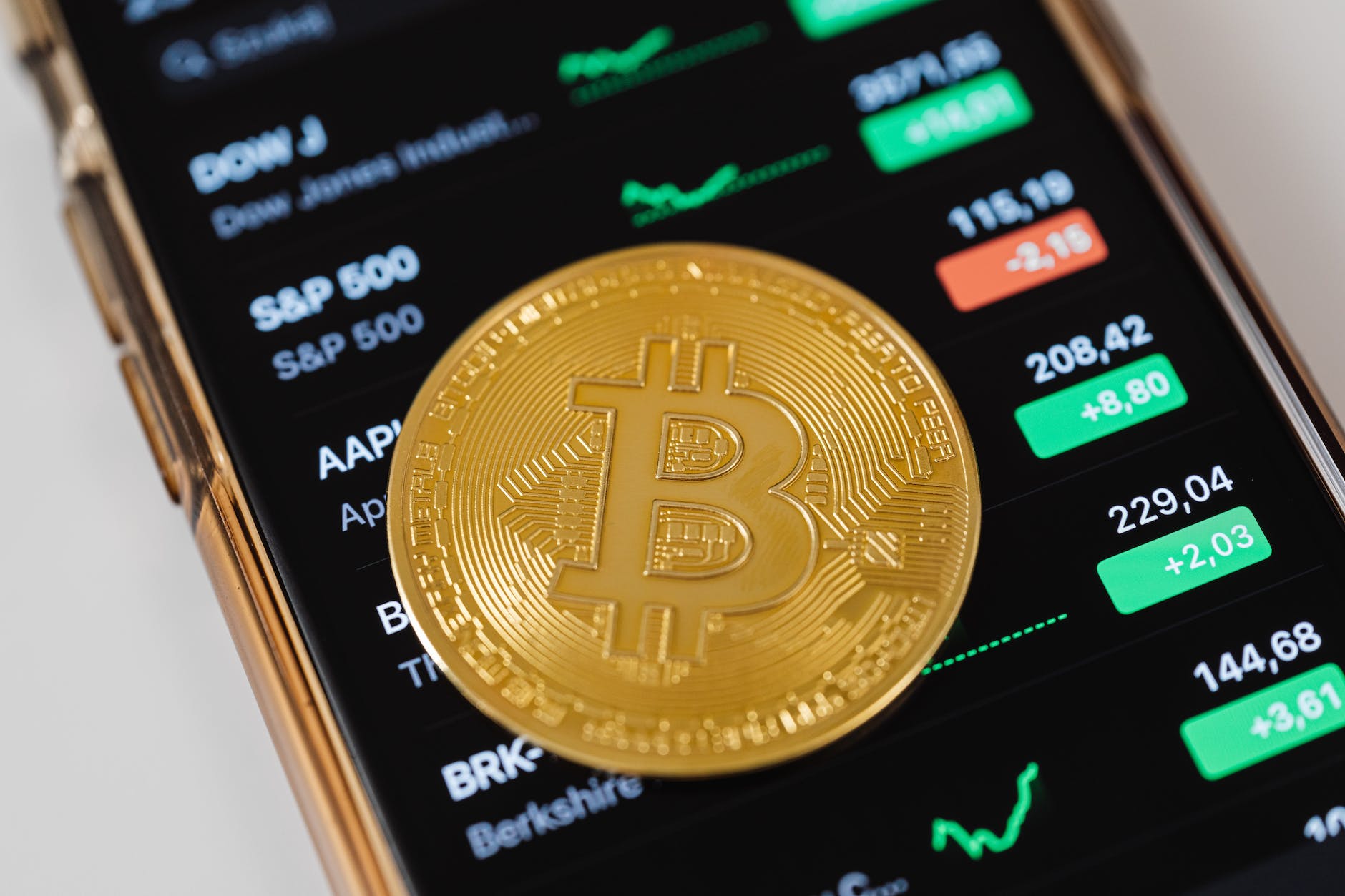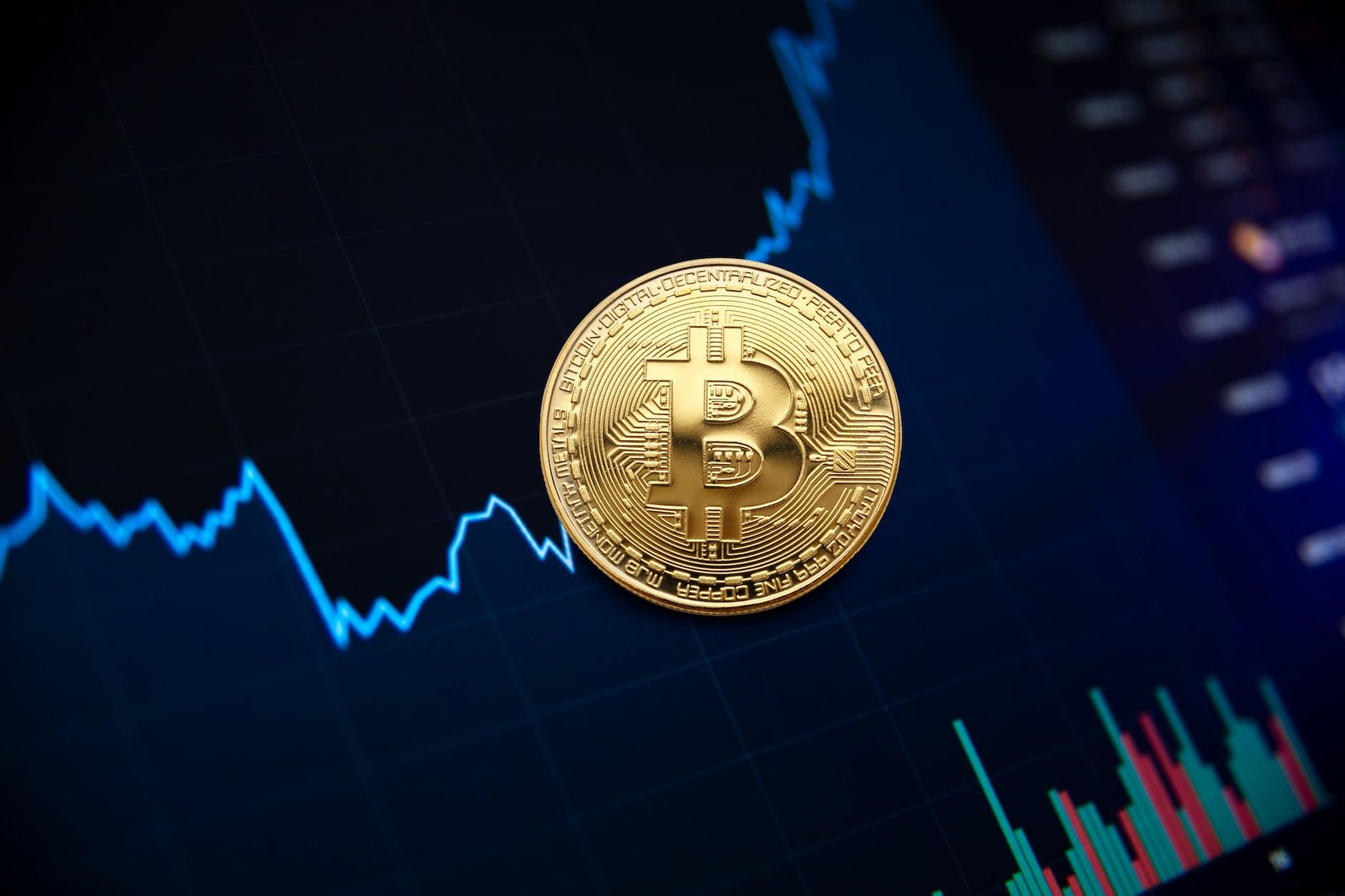[ad_1]
During the summer of 2021, the Sigma Alpha fraternity at Lipscomb University decided to put a large percentage of their cash reserves into bitcoin, hold it on their balance sheet, and to accept dues in bitcoin through the Lightning Network. It unanimously passed and was implemented shortly after. At the peak of the move in November, the Sigma Alpha treasury had risen 70% in value from their original purchase.
I am thrilled to have the opportunity to be covering this story from an inside perspective as an executive of the fraternity. I was a key orchestrator in this process, alongside President Sean Hagan, Vice-President Mason Nam, and Treasurer Cole Warren. I am pleased to announce that we are the first fraternal organization in the nation to hold bitcoin on our balance sheet and accept dues in bitcoin.
This is a huge milestone for not only the fraternity but student organizations across the globe.
The Organizational Fiat Dilemma
The executives ran into a dilemma in the summer of 2021 while we were planning and anticipating the start of another school semester, a dilemma I assume many other organizations also faced: “How can we, as a student organization with exclusively cash, maintain our purchasing power during such a high inflationary period?”
Sean and I were very much orange-pilled at the time so he had suggested to me that we should follow Saylor’s suit and put bitcoin on our balance sheet. We then continued further with the obvious solution of accepting dues in bitcoin as a means to increase our exposure. This was a very popular choice among members and we believe it to be a contributing factor in the unanimity of the following vote to adopt a Bitcoin standard.
This served two purposes for us: First, it helped us diversify our cash into an asset that would maintain its purchasing power significantly better than fiat. And second, it gave incentive to the members of the club to keep up with the bitcoin price and learn more about bitcoin. This was very successful, with a majority of our members now holding bitcoin themselves.
Why Do Student Organizations Need To Implement Bitcoin?
Not only will student organizations benefit from adopting bitcoin, the asset, but they will also significantly enhance their operations by adopting Bitcoin, the monetary network. Bitcoin, the network was founded by Satoshi Nakomoto for the specific purpose of giving the people or organizations who use it monetary freedom and to enhance the way they conduct their operations. This was our thesis behind accepting dues in bitcoin through the Lightning Network as it is actually a faster, more transparent, and better way to conduct peer-to-peer transactions for our organization.
Some campuses actually require their organizations to hold their assets in an account controlled by the University itself. Bitcoin fixes this and gives the custody of the assets back to the organization.
Ultimately during high inflationary periods, even student organizations will be needing to protect their purchasing power. Historically, from the last century, we have been able to conclude that the Federal Reserve Board cannot be trusted in protecting us from this phenomenon themselves. As Consumer Price Index year-to-date was announced recently to be upward of 7%, this is the largest yearly increase we have seen since the period ending June 1982. As bitcoin is a fixed asset that moves at the speed of light, we now have an opportunity to take this responsibility into our own hands. The result is not only a protected purchasing power but an increase in custody and value.
By taking on this responsibility, you as an individual will be able to not only use this modern technology but also educate yourself through experience. This education will ultimately be more valuable to you than the actual increase the asset may provide. Specifically for students, it is important to educate yourself outside the confines of your university’s system due to the quickly changing landscape of traditional finance.
Through working with this next generation of technology, it will increase the decentralization of it and decrease the power of the centralized system of control. Therefore, not only is this an explanation of why you should buy bitcoin, but also a call to action for you to educate yourself in areas where you would not have been able to otherwise.
This might sound intimidating for the average user. Many are often scared of embracing new technology that is hard to understand from the outside looking in. But I can reassure you that it is actually very simple and ultimately freeing. It is easy to use, easy to implement, and easy to understand with the right mindset. Ultimately, it is your choice to call yourself to this standard, but I highly encourage you to do so.
How Does A Student Organization Implement Bitcoin?
To start, there needs to be a call to action for students who want bitcoin and the study of Austrian economics to get properly implemented within the structure of academia. This might look different on a university to university basis, but the core goal should remain the same.
A second step is to encourage other fraternities, sororities, and student-led organizations to study and implement bitcoin themselves. If the educational system keeps refusing to instruct on basic economic concepts and monetary freedom, then there must be actions of leadership taken by student-led organizations to fill this void.
I encourage you, if you are a student reading this article, to start up a Bitcoin club at your university. I bet you will be surprised by the interest in students who want to learn more and be educated on the topic. If you are a professor reading this who has been looking to get involved, you should sponsor the club and give these students guidance on how to properly educate themselves and increase their discernment.
A great place to start would be reading “The Bitcoin Standard” by Saifedean Ammous, and opening up discussion, challenging one another to understand these concepts. Then if that goes well, follow up with Ammous’ “The Fiat Standard.”. Both of these books are curated for this very reason and would provide a very solid framework for your club.
The last step is to buy bitcoin. And keep buying more bitcoin. I know this sounds very cliche and bromide, but it is the core behind what bitcoin is. To fully embrace bitcoin, you must start stacking sats.
The best way to do this is to start using Strike as your new Venmo. Ordered a pizza for you and your roommates? Bought tickets to the game under your debit card? Request them on Strike for the dollar amount they owe you. But instead of receiving the payment in USD, you will be receiving the payment in the hardest money on earth, bitcoin. And the best part about it? NO FEES! You can transfer it back to your bank account if you need to, just like Venmo. You can also download Strike as a Google Chrome extension, so no matter where you are, you have control of your bitcoin.
You can download here.
Final Thoughts
As of January 2022, Sigma Alpha has taken action to not only be a bitcoin-holding organization but also to be a small piece in the “hyperbitcoinization” of the entire globe. We hope to be a light to other organizations who are looking to follow in our footsteps or those who have asked the same questions that we once did. We also are looking to bring awareness to the misguided opinions about Bitcoin within academia. This calls for us to push back against the constant pressure on educational systems to cattle their students into the traditional educational systems predominantly influenced and persuaded by the corporate world.
I encourage you to take control over your financial destiny and start implementing bitcoin into your everyday life. First educate, then implement. These two steps will create the largest paradigm shift the world has ever seen, starting with student-led organizations, and the Trojan horses like Sigma Alpha, who decided to take a risk for the betterment of humanity.
This is a guest post by Chris Smith. Opinions expressed are entirely their own and do not necessarily reflect those of BTC Inc or Bitcoin Magazine.
[ad_2]
Read Full Story
Microsoft Pledges Long-Term AI Investment in the UK
April 9, 2024
Leave a reply
More News
-
Why Opera Integrated This Ethereum L2 Scalability Solution
February 24, 2022 -
Crypto vs. Traditional Investments: Which Is Right for You
September 11, 2023
Bitcoin News
-
Ethereum on Track for Profitable Year Driven by DeFi Boom
April 19, 2024









